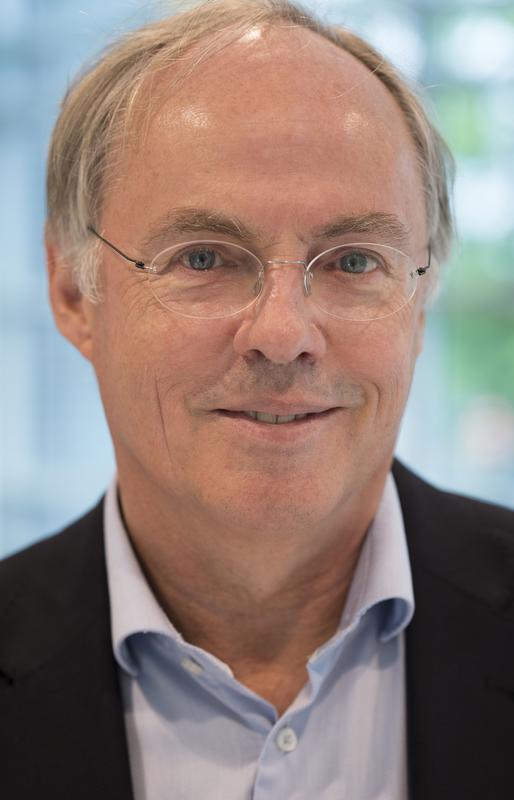

Hans Clevers to receive the Körber Prize 2016
Körber Foundation/Friedrun Reinhold
On Wednesday, 7 September, at 11 a.m., the Körber Foundation will present the Körber European Science Prize 2016 endowed with 750,000 euros to Prof. Dr. Hans Clevers in Hamburg City Hall.
Hamburg's Mayor Olaf Scholz will welcome the guests. Ranga Yogeshwar will present the winner and his research.
The Dutch biologist and physician has developed a new standard procedure for the unlimited reproduction of adult stem cells, enabling the growth of rudimentary organs in miniature format, known as organoids.
Drugs can now be tested in lifelike conditions in the Petri dish, and damaged organs can be repaired and possibly replaced. Clevers intends to use the Körber Prize funds to take first steps towards gene therapy.
On 6 September at 4 p.m. at the invitation of the University of Hamburg, Hans Clevers will give a lecture entitled “Stem cells, organoids and human disease” in the Medical Faculty of the University (UKE). Admission to the Körber Lecture in the Fritz Schumacher lecture hall is free. The lecture will be held in English.
The Körber European Science Prize has been awarded since 1985 to outstanding scientists working in Europe. It honours excellent and innovative research projects that show great potential for application and global impact.
International selection committees search for suitable candidates, on whom a Trustee Committee chaired by Prof. Dr. Martin Stratmann, President of the Max Planck Society, then decides.
Further information and photos: www.koerber-prize.org
Photos of the award ceremony can be downloaded from 3 p.m. on 7 September.












